
At PacBio, enabling the promise of genomics to better human health cuts right to the core of everything we do.That’s why in 2023 we created the STAR (student travel awarded researcher) Grant program. This exciting funding opportunity is intended to assist up-and-coming researchers in genomics-aligned fields with sequencing services and a travel stipend to present at a PacBio event.
With our inaugural STAR Grant application season now over, we are pleased to present to you the winning research proposals and the promising scientific talent whom we believe will help usher in the gene therapy breakthroughs of tomorrow.
Congratulations to our winners!
2023 AAV-based gene therapy research STAR Grant winners
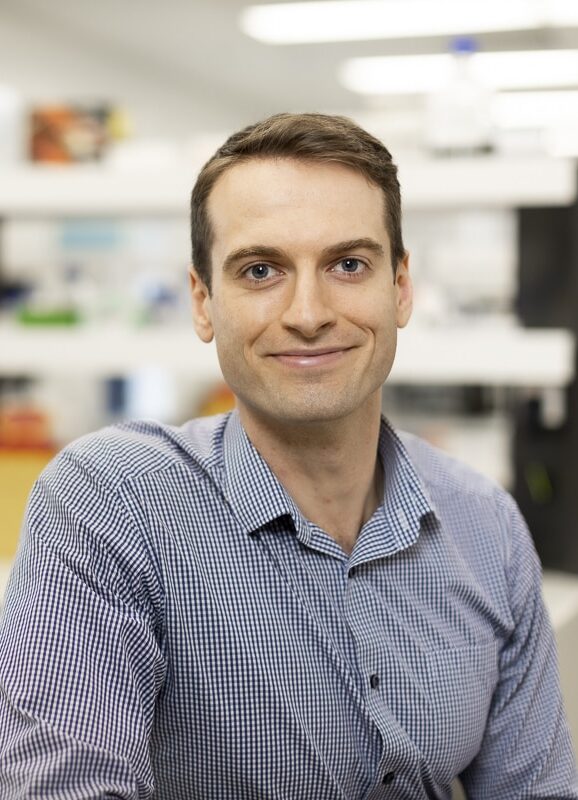
Alexander Wykes
Postdoc, Wendy Gold Lab
The University of Sydney
Proposal title: Long-read sequencing validation of a gene editing therapy for Rett syndrome
Summary:
Mutations in the methyl CpG-binding protein 2 (MECP2) gene result in a devastating neurodevelopmental disorder called Rett syndrome. A successful gene therapy to treat Rett syndrome must restore MECP2 expression within a very narrow therapeutic window, making correction of mutations at the native genomic locus the most promising strategy. Our laboratory has thus developed an AAV vector-mediated, CRISPR-based approach to edit the MECP2 locus, and demonstrated its effectiveness in human cells and mouse brain via PCR. Long-read sequencing will be used here to better understand editing events at the MECP2 locus and predicted off-target loci, ensuring translational safety and efficacy.
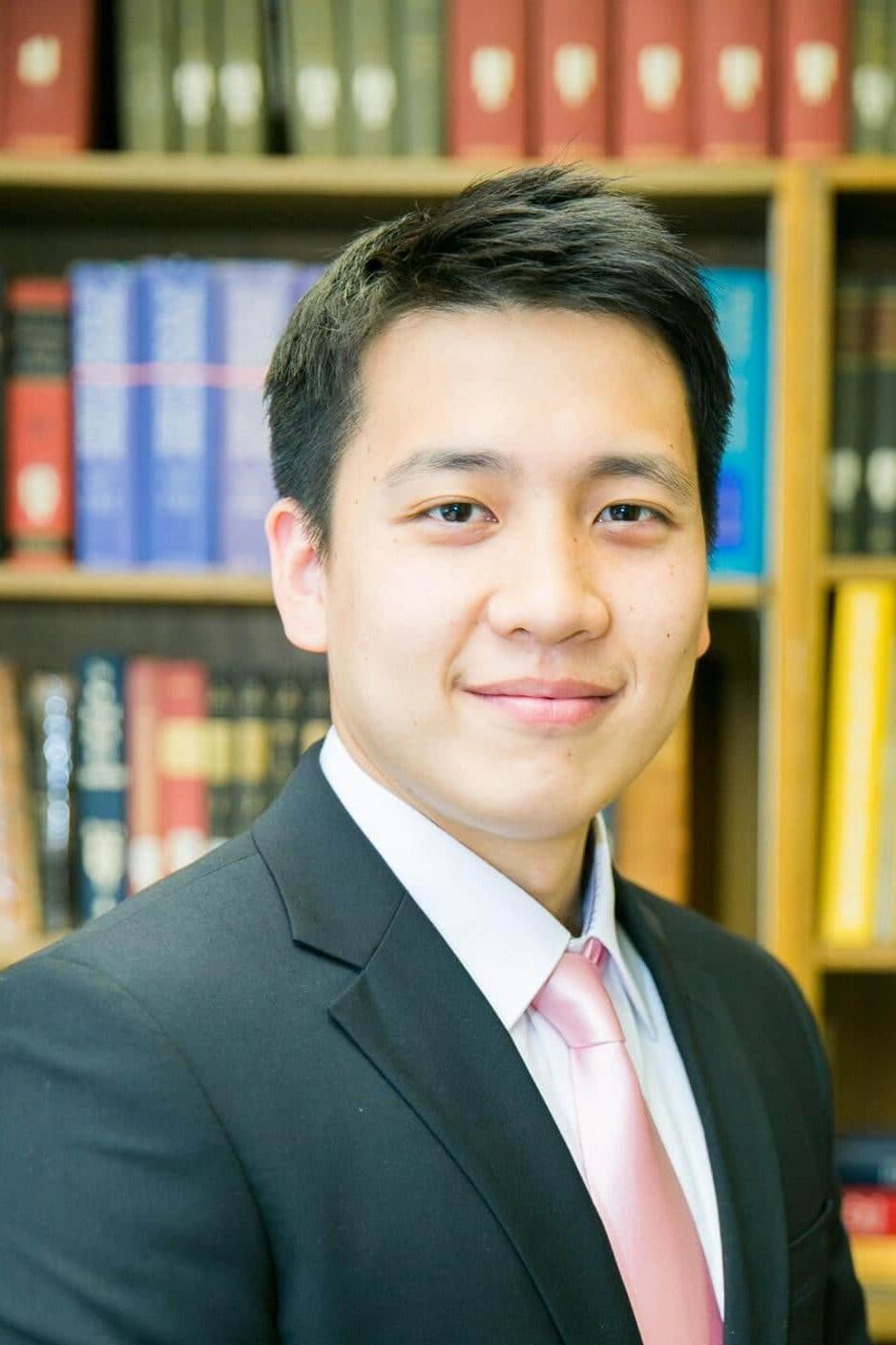
Suk Namkung
Graduate student, Phillip Tai and Guangping Gao Labs
University of Massachusetts Medical School
Proposal title: SMRT sequencing of rAAVs harboring ITRs from different serotypes to understand circular episome formation
Summary:
Inverted terminal repeat (ITR) sequences that were originally isolated from the termini of adeno-associated virus serotype 2 (AAV2) genomes have been obligatory in producing recombinant (r)AAV. The ITRs are also essential for the formation of stable circular episomes in the transduced host cell through intramolecular recombination. We have recently discovered novel ITRs from other serotypes that yield stronger transgene expression. To understand this enhancement, we propose to perform SMRT sequence of rAAV episomes isolated from tissues transduced with vectors that carry these novel ITRs. The results would shed light on the fates of gene therapy vectors after delivery into patients.
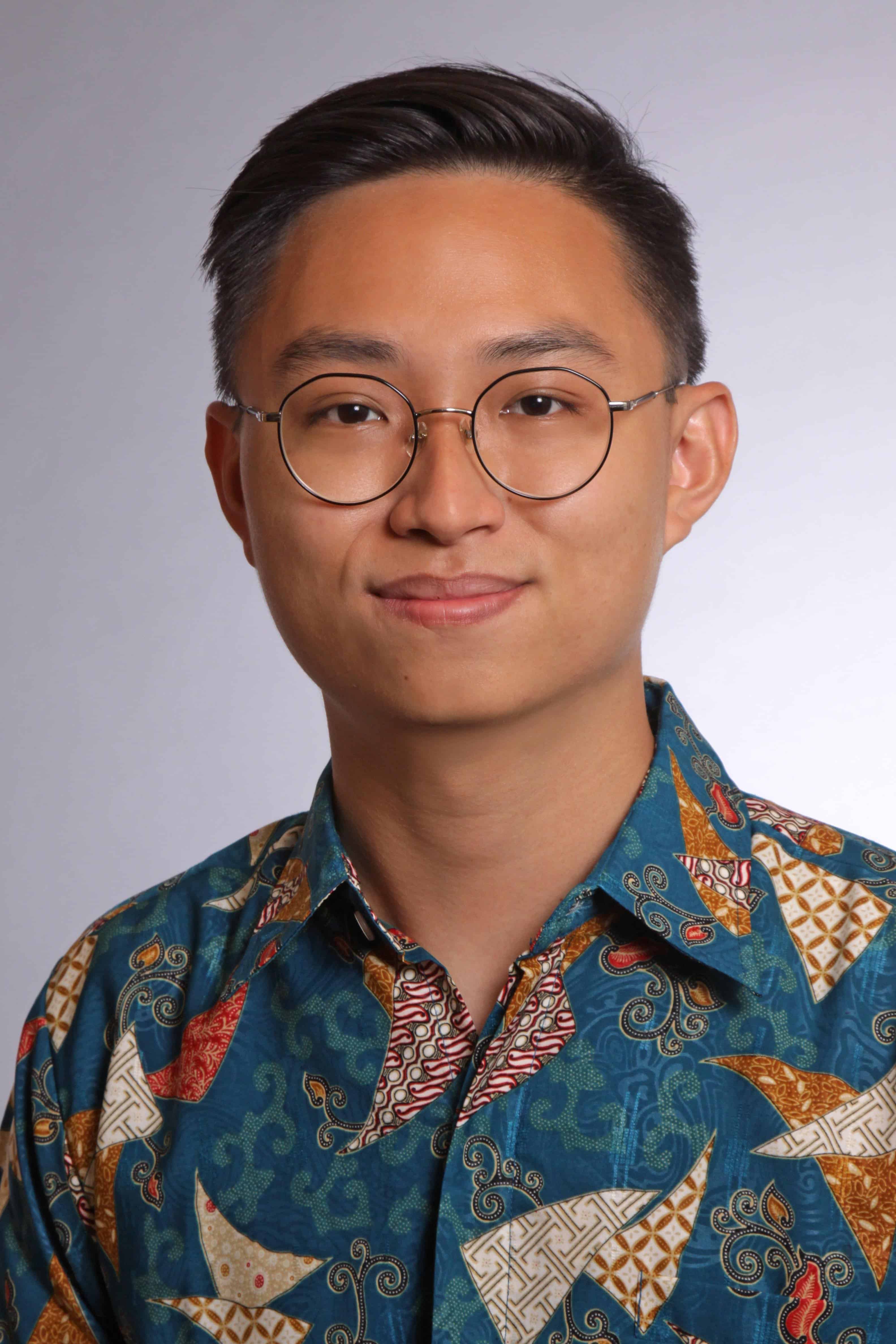
Adriel Hernando
Graduate student, Daniel Andergassen Lab
Technical University of Munich
Proposal title: AAV-based CRISPR activation of healthy genes as a treatment for Duchenne muscular dystrophy
Summary:
My research explores the CRISPR activation (CRISPRa) system as a gene therapy approach for Duchenne muscular dystrophy. The aim is to deliver the CRISPRa system via AAV and reactivate healthy genes in all tissues. To evaluate the therapy’s effectiveness, precise detection of gene isoforms across various tissues is essential—a task made possible by PacBio HiFi sequencing. This approach will enable us to assess the success of AAV-based gene therapy in upregulating full-length healthy genes.
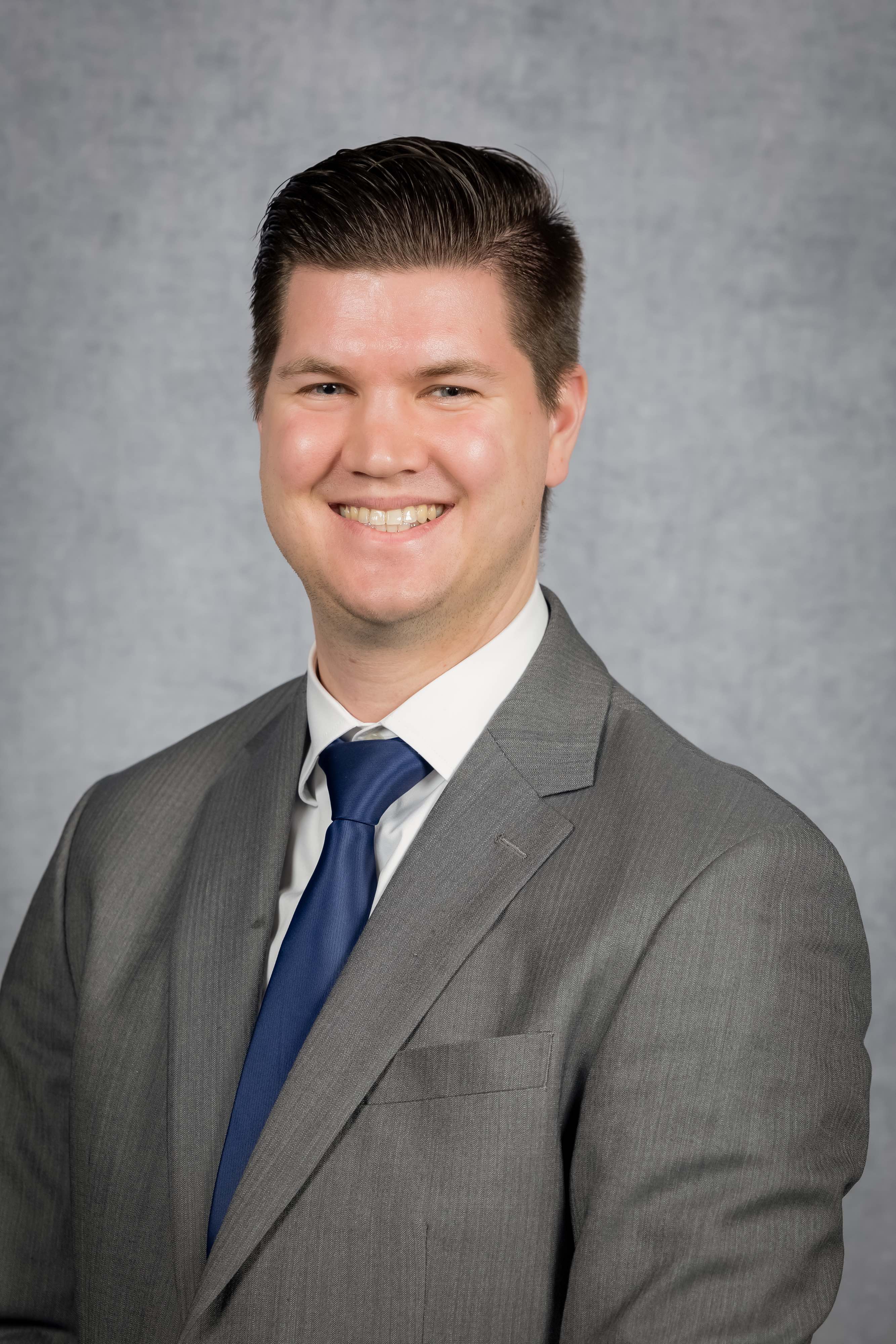
Noah Taylor
Sr Research Associate, Scott Q. Harper Lab
The Research Institute at Nationwide Children’s Hospital
Proposal title: A Comparison of Packaged Genomes between 1st- and 2nd-Generation AAV Vectors
Summary:
Our lab has developed numerous RNAi-based AAV gene therapies for the treatment of dominant disorders. We recently generated PacBio SMRT sequencing data that identified a heterogeneous mixture of genomes within self-complementary AAV (scAAV) preps of multiple 1st-generation serotypes, showing truncations resulting from both the miRNA hairpin and the U6 promoter. In this proposal, we would use SMRT sequencing to compare multiple 2nd-generation AAV vectors with our AAV9 sequencing data to evaluate replication and packaging efficiencies of the AAV9-derived vectors. The completion of this project will assist in selecting a novel AAV capsid for translation of our therapeutics to IND-enabling studies.
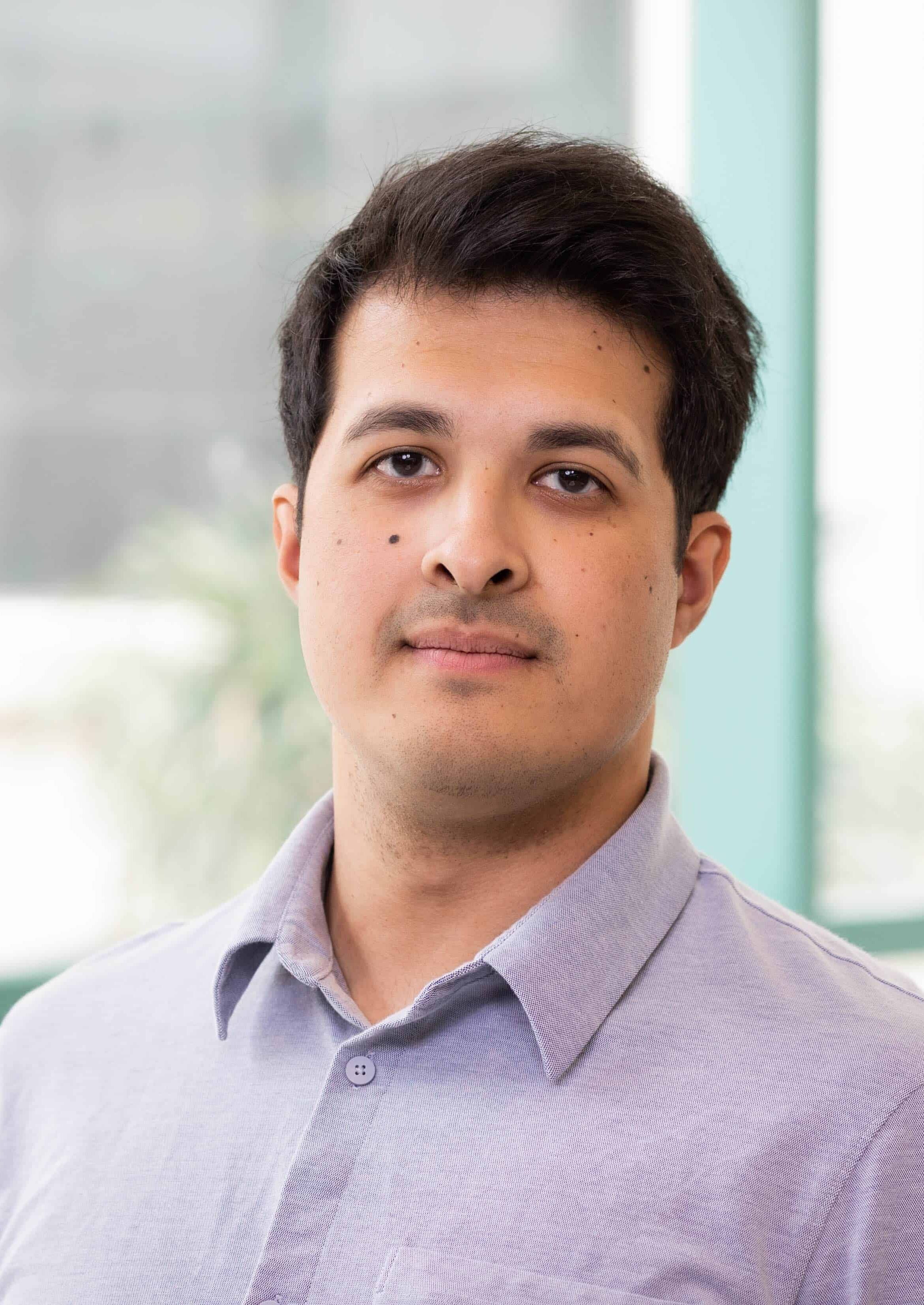
Irvin Garza
Graduate student, Steven J. Gray Lab
University of Texas Southwestern Medical Center
Proposal title: GOATEDD-AAVs: Leveraging HiFi Long Read Sequencing to Generate Optimal AAVs Through Evolution Driven Diversification
Summary:
Adeno-Associated Virus (AAV) has played a pivotal role in research studies to interrogate cell and molecular systems biology. These small icosahedral viruses have transformed the way researchers have studied biological processes from in-vitro to in-vivo models. AAVs have been shown to be safe, effective, and versatile at targeting many tissue types (e.g., heart, liver, lung, kidney, brain, etc.) in many animal species (e.g., mice, rats, pigs, sheep, and non-human primates) when delivered through various administration routes while using naturally occurring and engineered serotypes. However, generating and identifying engineered viral vectors have previously been limited to short modifications, due to short read limitations via second generation sequencing methods and laborious validation strategies. Furthermore, recent studies have shown species specific driving factors yielding incomparable biodistribution patterns of current AAV capsids. Therefore, reconciling studies performed in mice and up to IND enabling non-human primates requires comparable tools. I hypothesize that PacBio’s HiFi SMRT sequencing technology can facilitate generating and identifying more efficient whole capsid engineered AAVs in a high-throughput manner. We have generated libraries of AAVs using targeted random mutagenesis and capsid shuffling of WT and engineered AAVs. Our libraries contain modifications that span the entirety of the >700 amino acid capsid sequence. These libraries of AAVs have been injected into non-human primates and mice via intrathecal (“IT” – lumbar puncture) or intravenous (“IV” – systemic). Tissues have been collected from injected animals and we have isolated nuclei to increase selection stringency for AAV capsids that successfully traffic to the nucleus. Using the PacBio long-read sequencing platform, I propose that we will identify enriched capsid variants across all tissues in a single run. The high throughput of the PacBio platform could revolutionize the world of gene therapy by facilitating the generation of novel engineered AAVs.
How to apply for future PacBio grants
Interested in free PacBio sequencing for an upcoming project?
On a yearly basis, the PacBio Grant Program offers scientific investigators around the world the opportunity to win free PacBio sequencing services for a wide variety of genomics related research projects.
To apply, simply select an open grant program aligned with your field of study, read the instructions, fill out the application, and succinctly tell us how your research will benefit from PacBio sequencing. Applications are then evaluated, and winners will be contacted by PacBio to coordinate free consumables, library preparation, sequencing, and initial bioinformatic analyses provided by an approved sequencing service provider. Grants are offered across all areas of the life sciences. Whether you are studying intricate microbiomes, complex cancer tumors, rare and endangered species, or the dark regions of the human genome – there is a grant available for you!